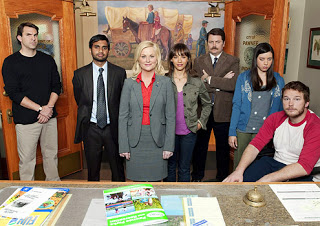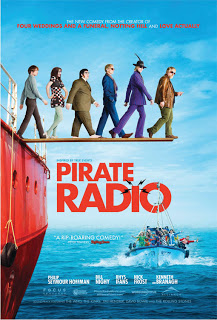Might as well dive right in! Here is the list (short version) of the winners:
Best Picture: The King’s Speech
Best Actor: Colin Firth in The King’s Speech
Best Supporting Actor: Christian Bale in The Fighter
Best Actress: Natalie Portman in Black Swan
Best Supporting Actress: Melissa Leo in The Fighter
Best Animated Feature Film: Toy Story 3
Best Director: Tom Hooper for The King’s Speech
Best Documentary Feature: Inside Job
Best Documentary Short: Strangers No More
Best Foreign Language Film: In a Better World
Best Adapted Screenplay: Aaron Sorkin for The Social Network
Best Original Screenplay: David Seidler for The King’s Speech
“the Academy Awards are the most visible celebration of filmmaking in the United States–and possibly the world. Yet–and despite the misnomer of ‘liberal Hollywood’–they continue to exhibit cultural values and norms that are conservative and simply unacceptable. Women are typically rewarded for playing roles that support a central male character in films. People of color are rarely nominated for–and even more rarely win–major awards. This year (as in most years), all Best Director nominees are white men. (Only one woman has EVER won this category.) The Best Picture nominees are about white people (or white cartoon characters), and are lauded by mostly white male critics. Even in a movie about lesbians, a man takes center stage. We could go on, but you get the idea.”
It would appear that expanding the Best Picture category to include ten films instead of five has resulted in more recognition for movies about women.
It hasn’t, though, seemed to improve the field for other marginalized groups, because, as Shakesville pointed out, not a single person of color was nominated in the acting categories. I guess no people of color acted in any movies last year! Or else, the Academy filled their quota last year by giving nominations to Gabourey Sidibe and Mo’Nique and don’t feel the need to recognize any other people of color. Excuse me while I go roll my eyes.
The Academy also filled their quota of female directors last year. In 82 years of the Academy Awards, they finally recognized a female director (Kathryn Bigelow) and awarded her for her work on The Hurt Locker. I guess no women made movies this year, because the Best Director category is all male.
Hollywood didn’t invent patriarchy, but that doesn’t preclude it from being implicated in reproducing it. The cultural critic, Stuart Hall, once observed that the people who work in creating media stand in a different relationship to ideology than the rest of us. That is to say, those who produce, direct, and act in films have at their disposal a powerful tool, which can be used to transform how people come to understand the world in which they live. Movies–especially the ones the Academy deems worthy of its coveted Oscar–pose answers to questions many people never asked, such as, “whose story is likely to matter most?” or just, “who matters?” As evidenced from the list of nominated films this year, those who were hoping for a revolution in the kinds of stories Hollywood tells may be disappointed. For now, a critical awareness of the men and masculinity America is (also) celebrating on Sunday may have to suffice.
Thoughts? Concerns? What the hell?






